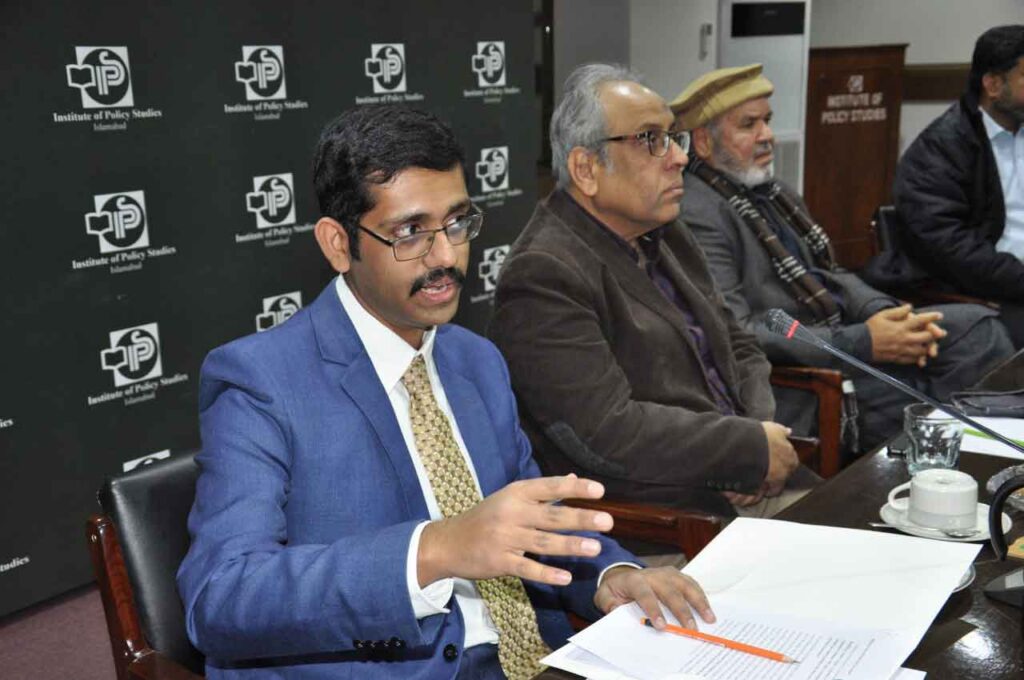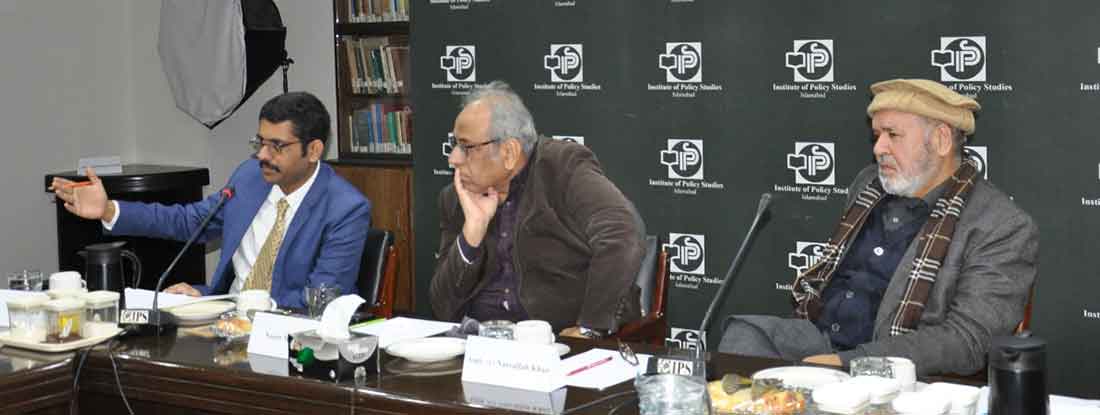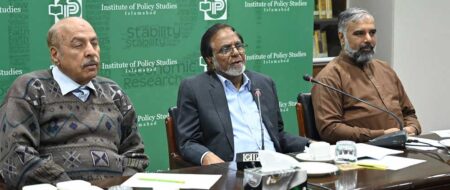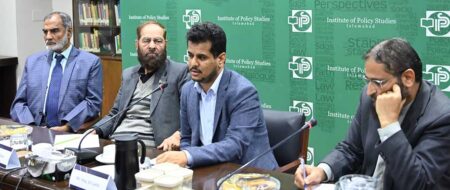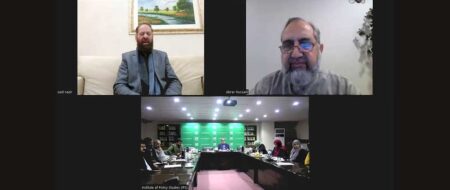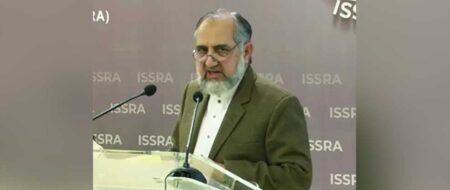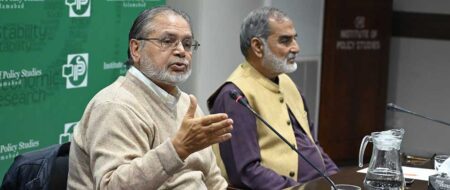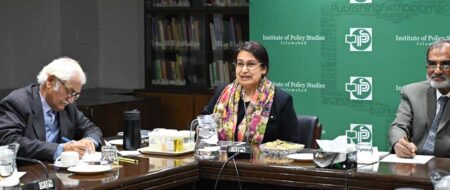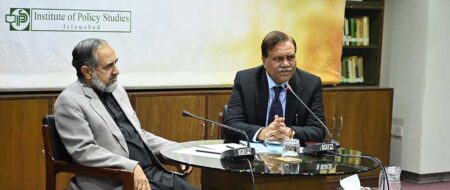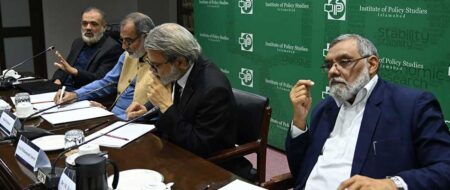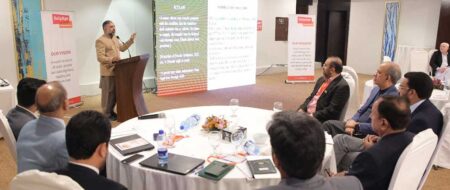‘Patterns and Processes of Regime Oscillations in South and Southeast Asia’
Consensual unity among elite seen as only way to strengthen democracy
Pakistan is in need of a sustainable, peaceful, and inclusive political settlement or social contract, and this demands a formative role to be played by the political, military and economic elite by developing a consensual unity among them. This is essential to form a democratic static regime that engenders socio-economic development and political stability.
The views were presented by Anish Mishra, research scholar and PhD candidate, Faculty of Economics and Social Sciences of Institut fur Politische Wissenschaft at Heidelberg University, Germany, who addressed a session on ‘Patterns and Processes of Regime Oscillations in South and Southeast Asia’ held at IPS on January 16, 2023. The session, chaired by Nazeer Ahmad Mahar, executive director, The Research Initiative (TDI), was also joined as chief guest by Ambassador (r) Nasrullah Khan.
As Pakistan has been witnessing multiple regime transitions since its independence, regime oscillations appear to be an ongoing phenomenon with frequent attempts to reshape the political system, set of rules, power transition mechanisms, and policy frameworks, Mishra stated.
He further argued that while government change is a healthy thing for introducing stability and strengthening democracy, regime change creates an opposite environment, and there have been more regime transitions than government changes in Pakistan.
Though there is no single cause of this pattern of regime oscillations in Pakistan, an important factor contributing to this is the disunited elite or its lack of consensus, which, in turn, creates instability in the political regimes by making democratic political transitions and democratic breakdowns just temporary oscillations. While highlighting the need for a new charter of democracy, he said that unless the elite configuration is transformed from being disunited to united, the country cannot strengthen democracy and see peaceful democratic power transitions.
The lack of sustainable and inclusive political settlement is another factor that contributes to unstable regimes, which are then doomed to transition into further unstable regimes. This presence of this exclusionary type of social contract is functioning as a causal mechanism of regime oscillations in Pakistan.
This pattern is further reinforced by the lack of enabling structural conditions necessary for the consensual unity of Pakistan’s elites and the transformation of political settlement. These factors, among others, not only weaken democracy but can also push the country into a state of political crisis.
Another important factor that has resulted in the regime oscillations and disunited elite is the historic political process, colonial developments, and the inherent imbalances of 1947 inheritance, highlighted Nazeer Mahar in his concluding remarks.
It was further stressed that the above-mentioned factors jeopardize the democratic character of Pakistan and the country must strengthen democracy by pushing transformation in elite configuration, reaching a political settlement, and consolidating enabling structural and developmental factors like Human Development Index, GDP per capita percentage, literacy rate, and inclusion in political and economic institutions.
